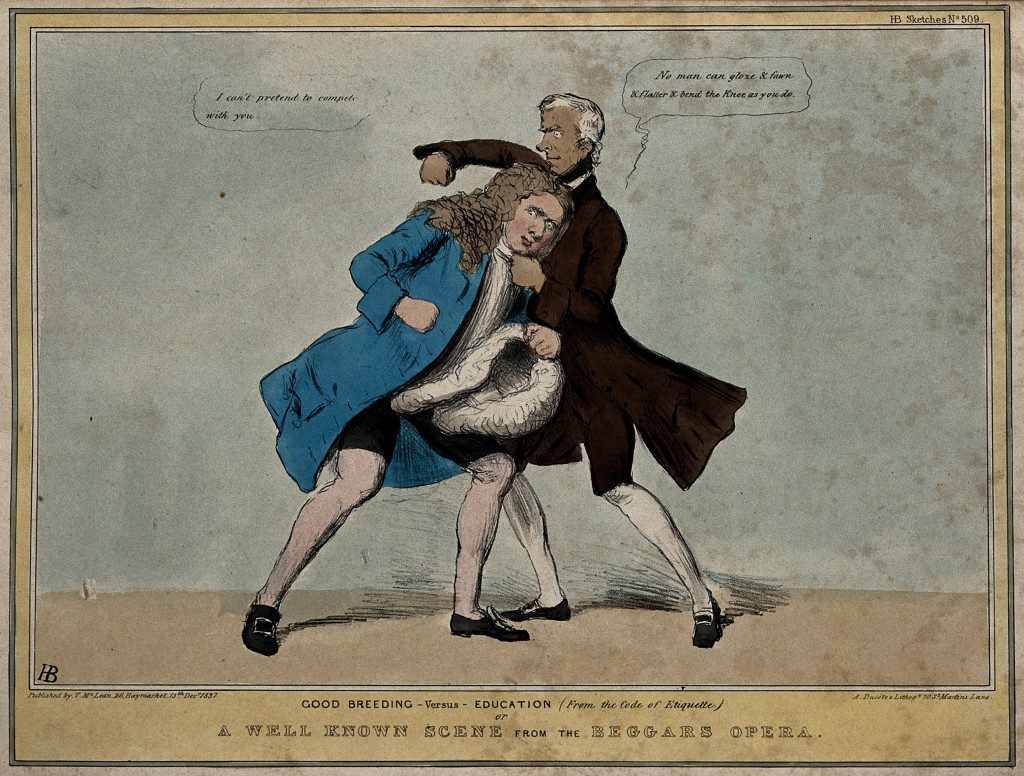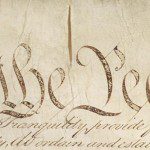Earlier I wrote out some explanations for why polarization and refusal to compromise appears to be such a significant and growing problem in the United States — the bottom line being that intransigence seems to work, on some level, if not for the country than for individual politicians.
At the time I had intended to dissect Obama’s own prescriptions as well, so let’s have a go at this.
First is to take, or at least reduce, some of the corrosive influence of money in our politics. . . .
And they spend this money based on some ideological preference that really is disconnected to the realities of how people live. . . .
And that’s why I disagree with the Supreme Court’s Citizens United decision. (Applause.) I don’t believe that money is speech, or that political spending should have no limits, or that it shouldn’t be disclosed. I still support a constitutional amendment to set reasonable limits on financial influence in America’s elections.
But amending the Constitution is an extremely challenging and time-consuming process — as it should be. So we’re going to have to come up with more immediate ways to reduce the influence of money in politics. There are a lot of good proposals out there, and we have to work to find ones that can gain some bipartisan support — because a handful of families and hidden interests shouldn’t be able to bankroll elections in the greatest democracy on Earth.
The second step towards a better politics is rethinking the way that we draw our congressional districts. . . .
And while this gerrymandering may insulate some incumbents from a serious challenge from the other party, it also means that the main thing those incumbents are worried about are challengers from the most extreme voices in their own party. That’s what’s happened in Congress. You wonder why Congress doesn’t work? The House of Representatives there, there may be a handful — less than 10 percent — of districts that are even competitive at this point. So if you’re a Republican, all you’re worried about is what somebody to your right is saying about you, because you know you’re not going to lose a general election. Same is true for a lot of Democrats. So our debates move away from the middle, where most Americans are, towards the far ends of the spectrum. And that polarizes us further.
Now, this is something we have the power to fix. And once the next census rolls around and we have the most up-to-date picture of America’s population, we should change the way our districts are drawn.
Now, the more Americans use their voice and participate, the less captive our politics will be to narrow constituencies. No matter how much undisclosed money is spent, no matter how many negative ads are run, no matter how unrepresentative a district is drawn, if everybody voted, if a far larger number of people voted, that would overcome in many ways some of these other institutional barriers. It would make our politics better.
And that’s why a third step towards a better politics is making voting easier, not harder; and modernizing it for the way that we live now. . . .
And I’d encourage this assembly to take the next step. Senator Manar and Representative Gabel have bills that would automatically register every eligible citizen to vote when they apply for a driver’s license. That will protect the fundamental right of everybody. Democrats, Republicans, independents, seniors, folks with disabilities, the men and women of our military — it would make sure that it was easier for them to vote and have their vote counted.
So, in brief, Obama’s problems and solutions are
1) too much “dark money,” from ideological extremists, rectified by placing limits on election spending,
2) gerrymandering producing extremists, rectified by impartial boundary-drawing, and
3) insufficient moderate voters to balance out those who vote due to “extreme” ideological commitments.
Is he right?
Why should “dark money” contributors automatically be ideological extremists? (OK, sure, unions decidedly are.) I’m not convinced of this connection.
In a case where the battle for a House or (state) Senate seat takes place within a party at the primary level, why should the extreme candidate automatically win? The bigger issue is that once a candidate gets elected, they generally have what amounts to a lifetime seat, when they go unchallenged even in primaries.
Obama’s third point is the most interesting, even if I think he’s using this to push for a pet cause (automatic registration, after all, seems like a surefire way to increase fraud as noncitizens register when they get their licenses).
If it all boils down to the most ideologically committed Americans being far more likely to show up at the voting booth that the indifferent lot of the rest of us, then that would tend to produce more ideologically “pure” candidates. But this is more of an issue in primaries, isn’t it? And there it isn’t a matter of insufficient numbers of citizens being registered to vote, but of indifference by those registered voters — or perhaps by the lack of enough activism at the local level for those voters to know who the candidates are in the first place. And perhaps here the tremendous reach of the federal government, and the fact that so much energy is deservedly focused on federal elections as a consequence, has impacted local politics.
In addition, there are two other issues which are not as easy to fix:
First, the rise of the internet as, for many people, the primary way people discuss and share political news and opinion, creates polarization. Consider how different blog comments and facebook shares are than talking politics with your neighbors, and how the more one-sided a meme is, the more likely it is to be shared. (When was the last time you saw a meme or a viral article saying, “calm down; there are two sides to the story”?)
Second (and I think I blogged about this in the past but can’t find it), the increased cynicism about honesty and promises. Consider Obama’s statement that “my faith tells me that marriage is between a man and a woman” and the fact that, when he “evolved” into supporting gay marriage, his supporters pretty much said, “we knew he was always on our side but just wasn’t openly able to admit it in the past or he’d lose the black churchgoing vote.” It feels to me as if the openness and comfort with politicians lying, as long as the lies benefit your political cause, is new. And I think it has a very real consequence: if you believe that politicians are liars, you’re less likely to be comfortable with a “moderate” making compromises and will be more attracted to people who are ideological purists, because you’ll be more convinced that they support what you believe in.
But these explanations don’t have tidy solutions.
UPDATE: Thought about this some more.
Obama’s urging of more voters to dilute the votes of the ideological purists isn’t a sure thing. After all, consider the case of Trump: isn’t his success in the polls due to (a) name recognition and (b) an appeal to those who aren’t otherwise politically aware? Isn’t there a risk that a polarizing, but charismatic candidate, will be most appealing to these infrequent voters, because the polarization isn’t visible to them, only the charisma?
And — I know this is a bit of a pipe dream — a proportional representation, parliamentary coalition-building system would give each of the center-left, center-right, hard-right, and hard-left groups the opportunity to elect their own representatives, rather than being given simply two choices at the ballot booth. Which I think would be a true, if unimplementable, remedy.
(image from Wikimedia Commons, https://commons.wikimedia.org/wiki/File%3AA_fist-fight_between_Lord_Brougham_and_Lord_Melbourne_as_Pea_Wellcome_V0050236.jpg)












